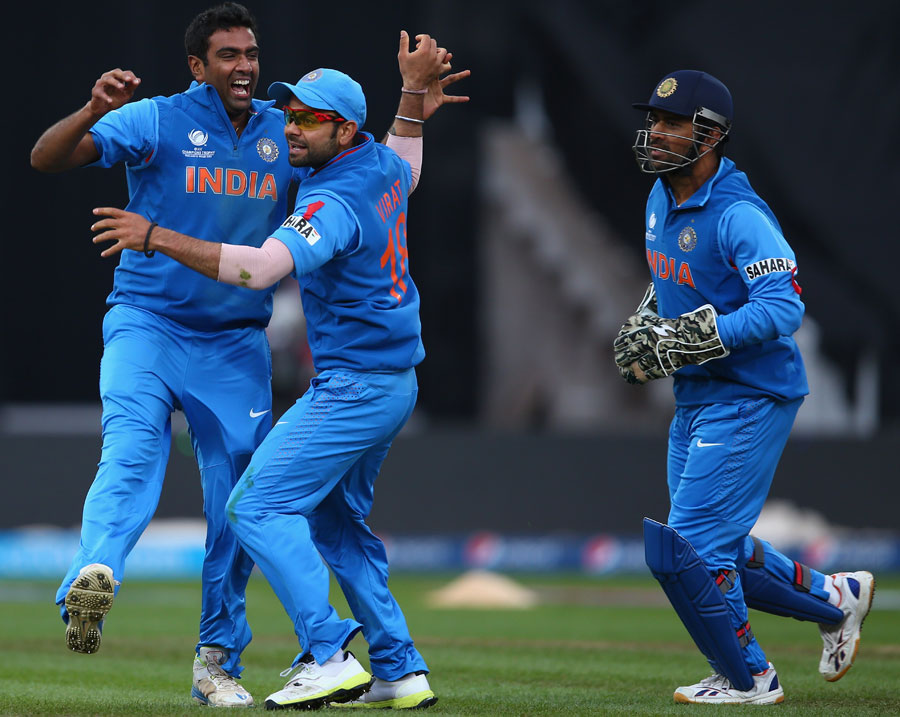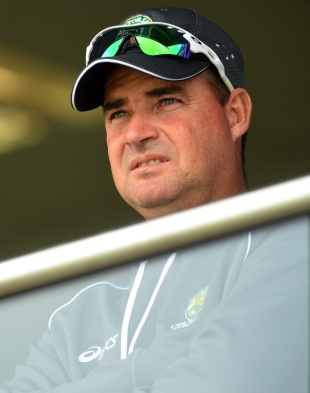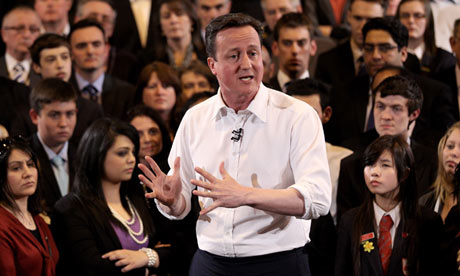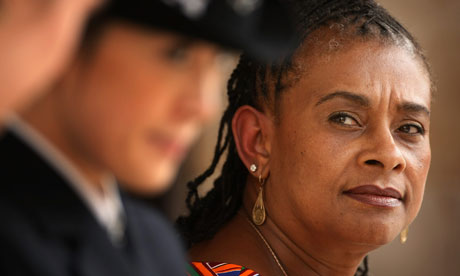As the rain came down at Edgbaston, many blurry TV hours were filled with punditry, most of it lost on the airwaves to heaven. Somewhere along the way though, someone, and I don't recall who, said something like this: "At heart, MS Dhoni is a gambler… "
If that's so, he's the man you want to be standing next to at the roulette wheel; the chips are piling up, and there's nothing his India have not won.
But is he? As anyone closely affiliated with actual professional gambling (not spot-fixing or bookmaking, but making a living from betting legally) will tell you, done properly, it is for the most part a boring and pragmatic assessment of odds and value. There are very few coups de theatre to be had.
What Dhoni did in offering Ishant Sharma the 18th over of England's innings with Eoin Morgan and Ravi Bopara at the crease and 28 runs required from 18 deliveries, was something altogether more instinctive, a rare and charming combination of intuition, judgement and experience that carried with it inherent risk. Here was the match, in the hands of the team's most profligate bowler.
Ishant, still coltish at 24 and with a career that often seems to be gripped by slow but inevitable entropy, was nervous - which he had the grace to admit afterwards. Morgan and Bopara had timed their charge, and both had begun to clear the boundary. Ishant began with a slow, short ball, a dot. Having got a look at him, Morgan dispatched the next over backward square leg.
Spooked now, not quite in rhythm around the wicket, Ishant bowled consecutive wides. He galloped in again, this time cutting his fingers across the ball for more control and slowing it down enough for Morgan to spoon him up wristily to Ashwin on the edge of the circle, a shot miscued to the degree that the batsmen had time to cross as it fell. Then a faster, shorter one on the line of the stumps that Bopara flat-batted straight to Ashwin, who had materialised as if by magic in the right place once more.
There was an element of Napoleon's dictum on luck about Dhoni's decision, and there is no doubt that had things gone the other way, he would have come under heavy fire
The game that was England's mid-way through the over was India's by the end, and hearteningly for all of us who love a trier, it was Ishant Sharma's, too. Dhoni applied his coup de grace, the mugging of England completed by the estimable partnership of Jadeja and Ashwin.
There was an element of Napoleon's dictum on luck about Dhoni's decision, and there is no doubt that had things gone the other way, he would have come under heavy fire. But one of his great qualities is a calm fearlessness that he has shown so often. The underlying logic behind using Ishant was sound; Dhoni knew that England would take the batting Powerplay in the last two overs, and he wanted his spinners for them. But his decision was proactively to bowl Ishant rather than Umesh Yadav or Bhuvneshwar Kumar, and that was at the heart of India's win.
It would be fascinating to hear Dhoni talk about it in depth, to know exactly where it came from. He has played so much cricket now, and so much of it under tremendous pressure, he has a deep feeling for the rhythm of the game; he hears its heartbeat acutely. It informs his subconscious, it leads what we might call intuition or instinct, but in reality it is something more weighty and useful. Let's call it intellect.
England have a great sense of order to their cricket, but they, and Alastair Cook, don't quite have what Dhoni has. It makes an eloquent argument for harmonising the calendar and allowing the players to go to the IPL and suchlike, to get game time in front of huge crowds when there is something on the line and they can absorb the kind of rhythm that Dhoni runs to. At heart he is a gambler, but beyond that, at heart he is a cricketer, in every sense of the word.











